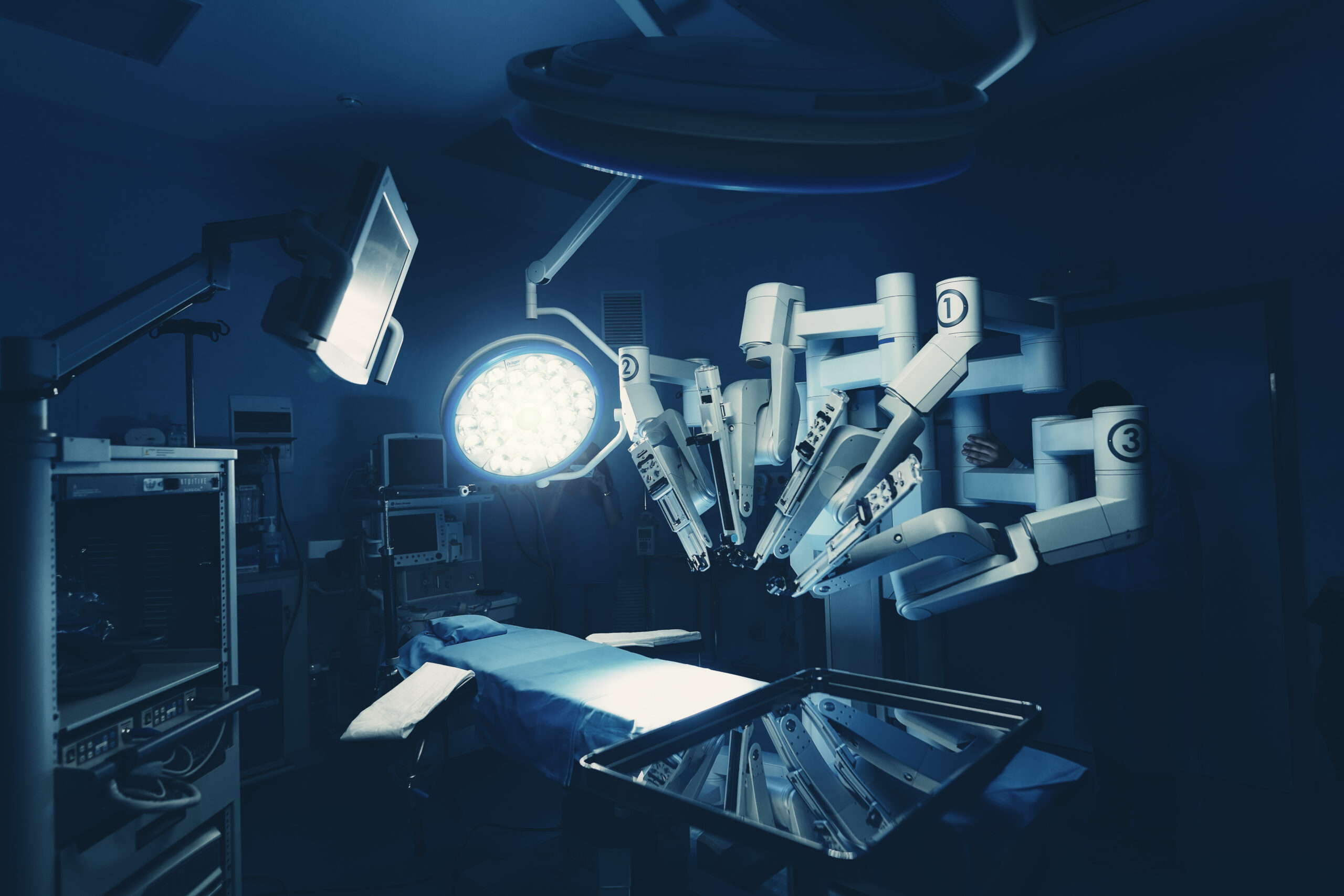Editor's Note For any nurse, moral distress and conflict can arise when treatment plans, family wishes, or institutional pressures don't align with patients' expressed preferences. Strategies to plan for professional and ethical judgment across nursing care can provide a solution. This is according to insights from a vice president and…
Editor's Note A balanced approach to leveraging AI in surgical decision making should be taken to weigh the benefits of increased efficiency and potential accuracy of using AI against the principles of medical ethics such as patient autonomy, beneficence, nonmaleficence, and justice, authors recently advised in the November issue of…

Pinpoint accuracy in surgical technique has advanced beyond what many ever thought possible. Unfortunately, such refinements have been slower to reach the perioperative business front. OR leaders often rely on vague metrics and educated guesses to guide their teams. Ambient artificial intelligence (AI) is changing that. When integrated with data…

Artificial intelligence (AI) has made inroads into nearly every area of healthcare. With nursing shortages continuing—marked by the loss of some 100,000 nurses following the COVID-19 pandemic and projected deficits of 20% or more in some states—AI-based tools that improve access to information, streamline efficiency, monitor patients, track procedures, and…

Editor's Note Federal officials’ public rebuke of the Coalition for Health AI (CHAI) highlights mounting tensions over who should shape guardrails for artificial intelligence (AI) in healthcare, Modern Healthcare October 10 reports. As hospitals accelerate AI adoption, industry leaders, regulators, and developers are clashing over how to ensure the technology’s…

Editor's Note Artificial intelligence (AI) is driving medical technology from reactive tools to adaptive learning systems, Medical Device Network October 6 reports. Shweta Maniar, Google Cloud’s global director of healthcare and life sciences, said that advances in agentic AI are enabling medtech devices to anticipate patient needs, simplify operations, and…

Editor's Note Artificial intelligence (AI) is rapidly reshaping nursing informatics and clinical practice, improving patient monitoring, care planning, and workflow efficiency, yet both opportunities and risks are mounting. According to March 2025 reviews published in International Nursing Review and in Frontiers in Digital Health, AI integration promises significant gains in…

Editor's Note Artificial intelligence use in healthcare is accelerating, and the American Medical Association (AMA) is pressing health systems to establish clear governance policies before the technology outpaces oversight. Nearly 70% of physicians reported using artificial intelligence tools in 2024, a sharp rise from 38% in 2023, AMA News Wire…

Editor's Note Artificial intelligence (AI) will not replace perioperative leaders, but it will demand sharper decision-making, closer collaboration, and thoughtful staff engagement, OR Manager coverage reports. AI is poised to transform perioperative practice, yet its value depends on how leaders choose, evaluate, and integrate these technologies. Key insights the article…

Takeaways • Robot-assisted surgery (RAS) is now an option in many specialties and for adult and pediatric patients; RAS-related ethical issues include access and patient privacy. • Intuitive Surgical continues to dominate the marketplace, but many companies are working on expanding their range of options. • Some current trends and…